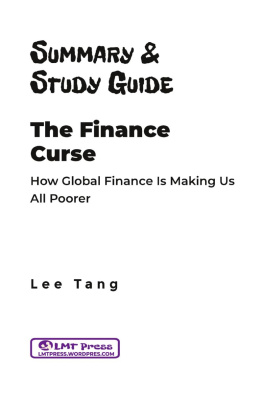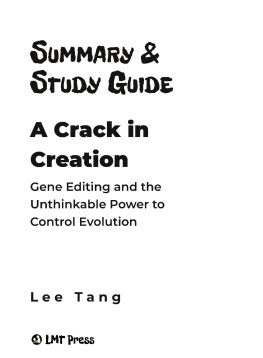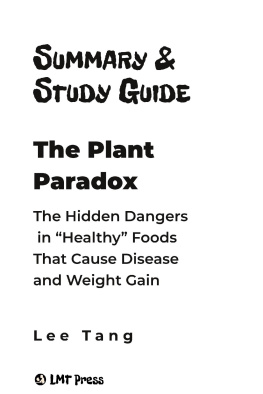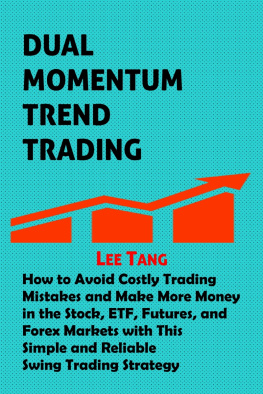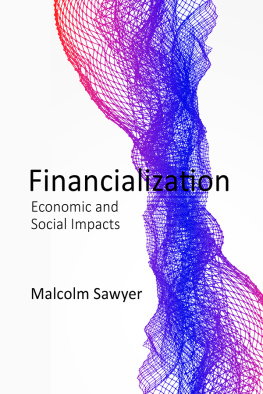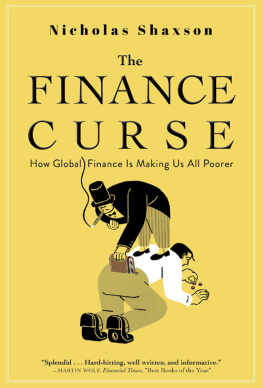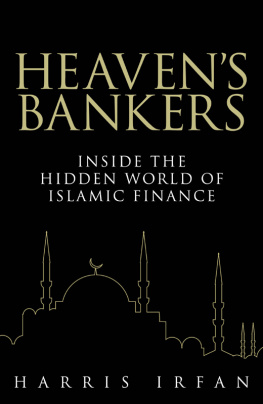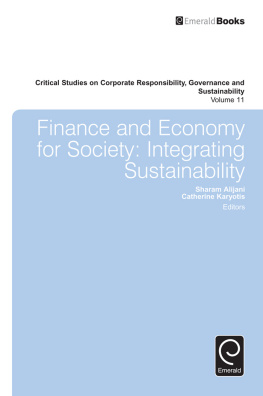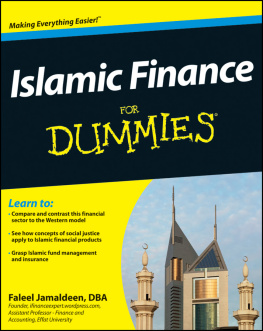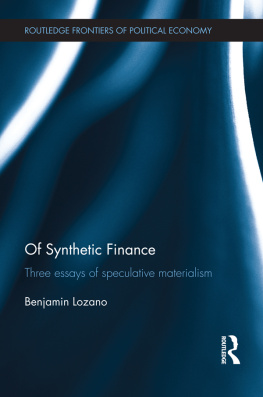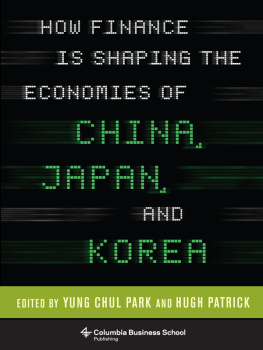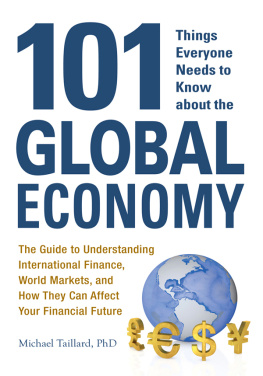How global finance is making us all poorer.
This book is a summary of The Finance Curse: How Global Finance Is Making Us All Poorer, by Nicholas Shaxson.
As a countrys financial sector develops, it improves the nations economic well-being and quality of lifebut only up to a point. After that point, it reduces economic growth and inflicts much damage. We call this the finance curse. The United States, Britain, and many other Western economies passed this optimal point long ago. The 2008 Great Recession was part of the damage.
As an economy becomes financialized, there is a massive growth in the financial, insurance, and real estate sectors, but not in the manufacturing and industrial sectors. Rather than creating wealth, the goal of finance becomes extracting value from the underlying economy. This way of thinking also becomes internalized into the economy, society, and culture, generating economic discrimination that underpins all discriminationsracial, gender, sexual, and geographical.
This book documents the story of how finance got a stranglehold on society and reveals how we might release ourselves from its grasp.
This guide includes:
Value-added from this guide:
Save time
Understand key concepts
Expand your knowledge
Important Note About This Guide
This guide is a summary and not a critique/review of the book. The summary may not be organized chapter-wise but summarizes the books main ideas, viewpoints, and arguments. It is NOT meant to be a replacement, but a supplement to help you understand the books key ideas and recommendations.
Table of Contents
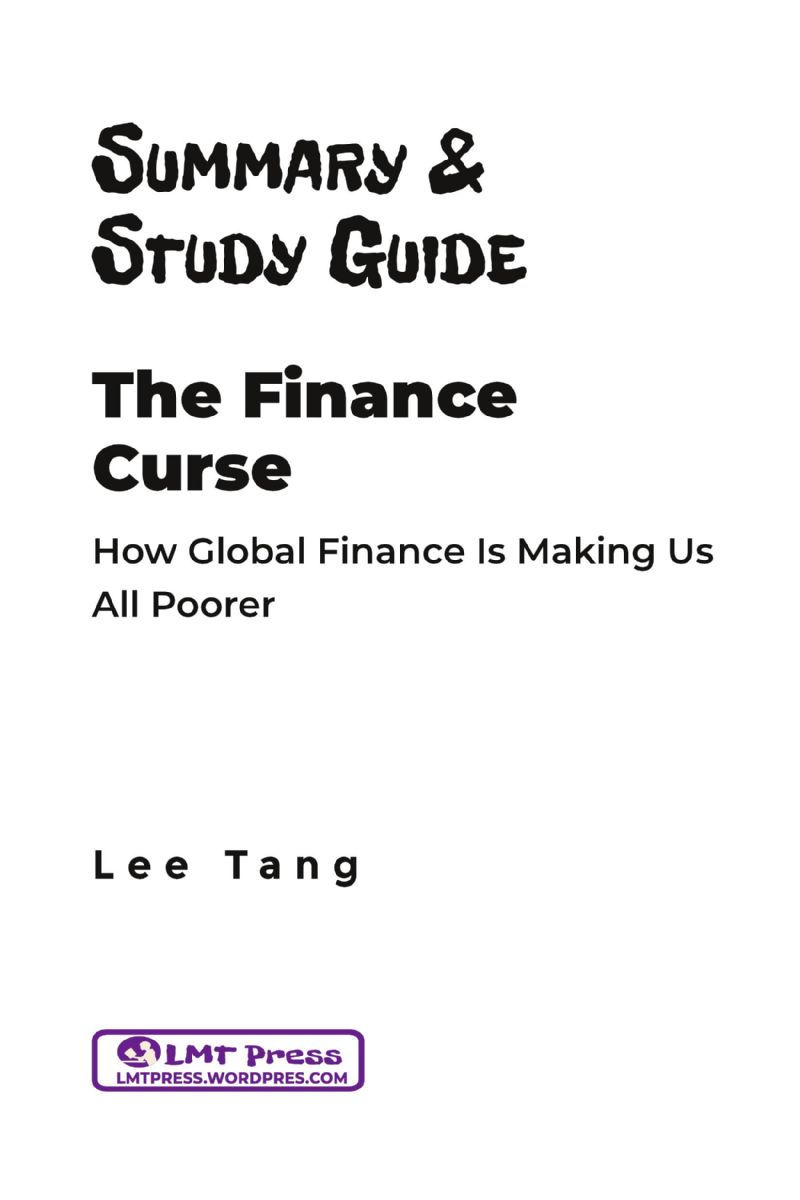
Title: Summary & Study Guide - The Finance Curse
Subtitle: How Global Finance Is Making Us All Poorer
Author: Lee Tang
Publisher: LMT Press (lmtpress.wordpress.com)
Copyright 2020 by Lee Tang
All rights reserved. Aside from brief quotations for media coverage and reviews, no part of this book may be reproduced or distributed in any form without the authors permission. Thank you for supporting authors and a diverse, creative culture by purchasing this book and complying with copyright laws.
First Edition: April 2020
Issued in print and electronic formats.
ISBN 9781988970370 (ebook)
ISBN 9781655697135 (paperback)
ISBN 9781078760751 (paperback)
Limit of Liability/Disclaimer of Warranty: The publisher and author make no representations or warranties regarding the accuracy or completeness of these contents and disclaim all warranties such as warranties of fitness for a particular purpose. The website addresses in the book were correct at the time going to print. However, the publisher and author are not responsible for the content of third-party websites, which are subject to change.
To my wife, Lillian, who is the source of energy and love for everything I do, and to Andrew and Amanda: watching you grow up has been a privilege.
Introduction
I n the early 1990s, Angola was one of Africas wealthiest nations, supplying over 5 percent of all U.S. oil imports. But it was also the most poverty-stricken, suffering from the worlds worst civil war. Ninety-nine percent of Angolas exports were oil and diamonds. Between 1993 and 2007, the oil sector pumped up some parts of its economies and drained the life out of others. High-salaried oil jobs were sucking the best-educated and talented people out of manufacturing, agriculture, government, civil society, and the media. A venal leadership in Luanda was stealing the oil money, while the population was destitute.
Many countries dependent on income from natural resources grow slower and suffer more corruption and greater poverty than their resource-poor peers. Too much wealth from natural resources can make you poorer. We call this the resource curse.
Today, some finance-dominated countries, such as Britain and the United States, are exhibiting symptoms akin to Angolas resource curse. As an economy becomes financialized, there is a massive growth in the financial, insurance, and real estate sectors, but not in the manufacturing and industrial sectors.
Back in the 1950s and 1960s, assets held by the financial sector in the United States were worth one years GDP, and financial corporations earned 10 percent of all corporate profits. CEOs at big firms earned twenty to thirty times what the average worker did. Their job was to create wealth, produce profits, create jobs, contribute to taxes to support roads and schools, and so on.
Now the financial sectors assets are worth five years GDP, and financial corporations earn over one-third of corporate profits. CEOs at big firms now earn two to three hundred times what the average worker does. Their job is to single-mindedly maximize the wealth of shareholders, often at the expense of employees, suppliers, or the community.
In Angola, large inflows of oil money raised the price of local goods and services, destroying local industry and agriculture as they couldnt compete with cheaper imported goods. Likewise in the United States, large inflows of overseas money into Wall Street and real estate markets raised local price levels, making it harder for local businesses to compete with foreign firms.
Financialization improves a nations economic well-being and quality of life, but only up to a point. After that optimal point, it reduces economic growth and inflicts much damage. We call this the finance curse. The United States, Britain, and many other Western economies passed this optimal point long ago. The 2008 Great Recession was part of the damage.
Rather than creating wealth, financialization extracts wealth from the underlying economy. When internalized into the economy, society, and culture, financialization generates economic discrimination that underpins all discriminationsracial, gender, sexual, and geographical.
Online Videos
Why Resource-Rich Countries Grow Slowly?
Resource Curse - How Being Rich Can Make You Poor.
Finance Curse.
Chapter 1
Sabotage
I n his book, The Theory of Business Enterprise (1904), economist Thorstein Veblen analyzed the heart of the finance cursethe conflict between wealth creators and wealth extractors. Wealth creators are the makers and producers, while wealth extractors are the takers and predators. He noted that many businessmen get rich through active sabotage by interrupting the regular flow of outputs, shaking the tree so they can make off with the fruit. He exposed one of capitalisms great open secrets: big capitalists dont like efficient competition; they like markets rigged in their favor.
His book came out in the wake of the expos of John D. Rockefellers Standard Oil monopoly by the journalist Ida Tarbell. In a series of articles published in McClures magazine, Tarbell revealed that Rockefeller was a master of Veblenite sabotage, rigging markets in the production and distribution of oil, elbowing out rivals to build an American-wide monopoly. Rockefeller paid bribes and kickbacks. He created a trust to circumvent the law against doing business across state lines. Through his trust mechanism, Rockefeller controlled over 90 percent of the oil refined in the United States, extracting vast wealth from consumers. He used nefarious tactics to crush legitimate competitors, driving honest men from the business. He expanded overseas, dodging regulations and gaming gaps in the global tax system. Public fury over the expos caused the eventual breakup of Standard Oil into baby Standards, which include ExxonMobil and Chevron today.

